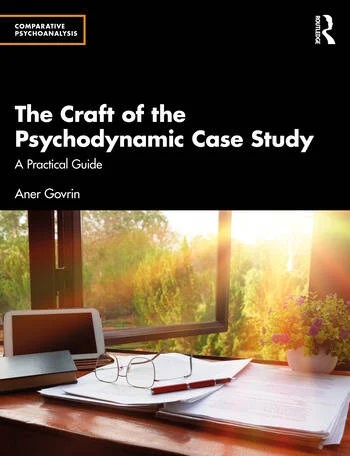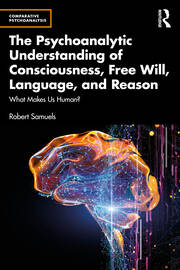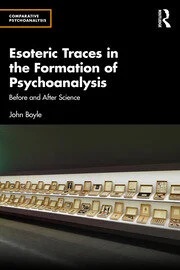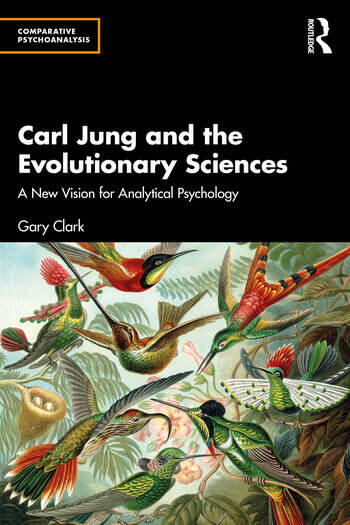Comparative Psychoanalysis
Series Editor: Jon Mills
Comparative Psychoanalysis studies controversy and dialogue in psychoanalysis. Intellectual, personal, and institutional conflict are endemic to the history of psychoanalysis. Alongside this there are creative efforts to establish understanding and communication among differing perspectives. Comparative methodologies are encouraged among all schools of psychoanalysis regardless of topic, theoretical or clinical orientation, or application to the behavioral sciences and humanities including historical reassessments, conceptual clarification, clinical exploration, reflections on the future of applied psychoanalytic thought, and attempts to articulate the conditions for fruitful dialogue. All subject matters in the arts and humanities, philosophy, anthropology, cultural studies, and the human sciences are ripe for comparative investigation within the frameworks of theoretical, clinical, and applied psychoanalysis. As an inherently interdisciplinary field of study, psychoanalysis requires a robust understanding of comparative methodology. Controversial discussions and criticism are invited. In the spirit of pluralism, Comparative Psychoanalysis is open to any theoretical school in the history of the psychoanalytic movement that offers novel critique, integration, and important insights in comparative scholarship.





